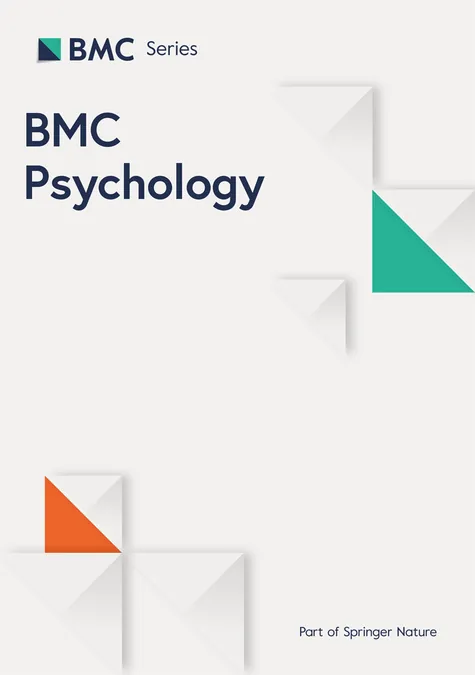
Groundbreaking Study Reveals 177Lu-Dotatate's Promise for Recurrent Meningioma Patients
2024-10-01
Introduction
In an exciting development for the treatment of recurrent meningioma, a phase 2 trial has shown that 177Lutetium-Dotatate (Lutathera) significantly improves progression-free survival (PFS). This finding was presented during the 2024 American Society for Radiation Oncology (ASTRO) Annual Meeting, highlighting the potential of this innovative therapy for patients suffering from refractory grade II/III meningioma.
Trial Results
The trial revealed that patients treated with 177Lu-Dotatate experienced a median PFS of 11.5 months, with a noteworthy 2-year PFS rate of 26.7%. These statistics indicate not only the immediate benefits of the treatment but also its sustained efficacy over time. When it comes to overall survival (OS), the results were encouraging as well, with a median OS of 27.8 months — an impressive 88.9% survival rate at the one-year mark and 63.8% at two years.
Expert Commentary
Kenneth W. Merrell, MD, a radiation oncologist at the Mayo Clinic Alix School of Medicine, emphasized the significance of these results, stating, “Considering limited alternative therapies, our results support 177Lu-Dotate as a rational therapeutic choice.” This underscores the urgent need for more effective treatments, especially given the high rates of recurrence and aggressive nature of this common brain tumor.
Understanding Meningioma
Meningioma is recognized as the most prevalent type of brain tumor in the United States, with over 25,000 new cases diagnosed annually. For tumors classified as WHO grades 2 and 3, patients face a daunting 40% to 80% chance of recurrence and a mortality risk that is two to three times higher than that of grade 1 tumors. Unfortunately, current treatment options for recurrent meningioma are limited, often leaving patients with inadequate support following surgery and radiation.
Mechanism of Action
The mechanism behind 177Lu-Dotatate’s effectiveness lies in its ability to target somatostatin receptors (SSTR2), which are present in 80% to 100% of meningiomas across all grades. By linking a peptide to a radionuclide, 177Lu-Dotatate binds with high affinity to SSTR2, delivering highly targeted radiation directly to the tumor site. This precision offers hope for a more effective treatment protocol and broad applicability in tackling refractory meningioma.
Study Design and Population
In the trial's Simon 2-stage design, 20 patients with WHO grade 2 and 3 meningioma, with a median age of 66.8 years, were enrolled. The majority of participants (65%) had notable neurological deficits, and a substantial number had a history of seizures. Importantly, all patients had previously undergone surgery, indicating the challenging landscape of treatment options for this population.
Outcome Assessment
The Response Assessment in Neuro-Oncology (RANO) framework was utilized to benchmark clinical outcomes, allowing researchers to assess the efficacy of 177Lu-Dotatate in a systematic way. Impressively, around 70% of patients completed four infusions of the therapy, with manageable adverse effects reported. Notably, there were no severe adverse effects attributed to the treatment, marking 177Lu-Dotatate as a well-tolerated option.
Conclusion
Dr. Merrell concluded that these outcomes represent a significant milestone for refractory meningioma, asserting that “177Lu-Dotatate demonstrated clinically meaningful outcomes across a broad patient population.” The study was supported by Novartis, indicating a collaborative approach to advancing treatment options.
Future Perspectives
As researchers continue to explore and expand the applications of 177Lu-Dotatate, patients and healthcare providers alike can remain hopeful for improved outcomes in the fight against meningioma. The future looks promising as we witness advancements in targeted therapies, which could redefine treatment paradigms for those impacted by this challenging condition.






 Brasil (PT)
Brasil (PT)
 Canada (EN)
Canada (EN)
 Chile (ES)
Chile (ES)
 España (ES)
España (ES)
 France (FR)
France (FR)
 Hong Kong (EN)
Hong Kong (EN)
 Italia (IT)
Italia (IT)
 日本 (JA)
日本 (JA)
 Magyarország (HU)
Magyarország (HU)
 Norge (NO)
Norge (NO)
 Polska (PL)
Polska (PL)
 Schweiz (DE)
Schweiz (DE)
 Singapore (EN)
Singapore (EN)
 Sverige (SV)
Sverige (SV)
 Suomi (FI)
Suomi (FI)
 Türkiye (TR)
Türkiye (TR)